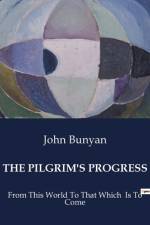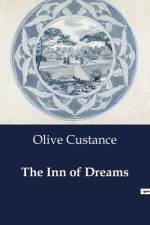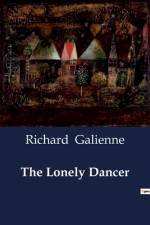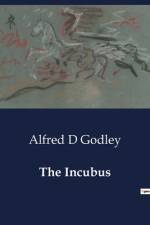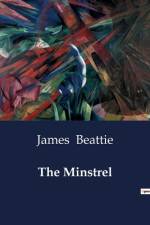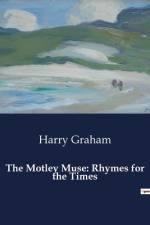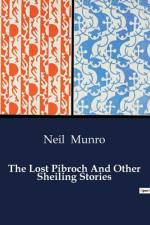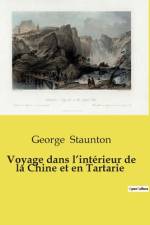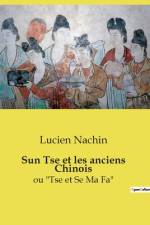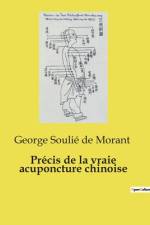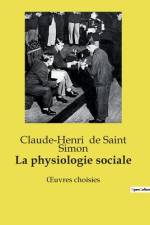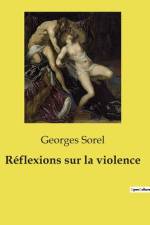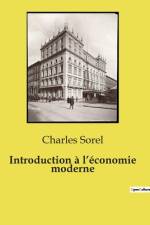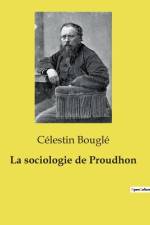von William Cullen Bryant
12,00 €
THE JOURNEY OF LIFE Beneath the waning moon I walk at night, And muse on human life¿for all around Are dim uncertain shapes that cheat the sight, And pitfalls lurk in shade along the ground, And broken gleams of brightness, here and there, Glance through, and leave unwarmed the death-like air. The trampled earth returns a sound of fear¿A hollow sound, as if I walked on tombs! And lights, that tell of cheerful homes, appear Far off, and die like hope amid the glooms. A mournful wind across the landscape flies, And the wide atmosphere is full of sighs. And I, with faltering footsteps, journey on, Watching the stars that roll the hours away, Till the faint light that guides me now is gone, And, like another life, the glorious day Shall open o'er me from the empyreal height, With warmth, and certainty, and boundless light.

